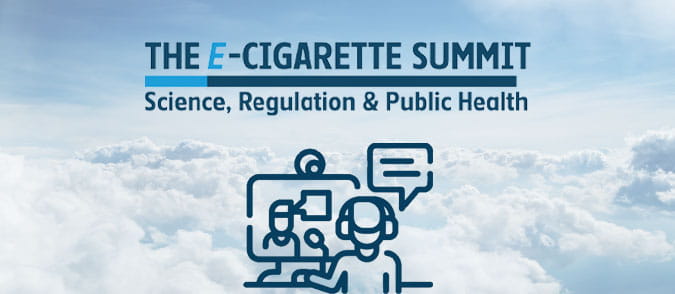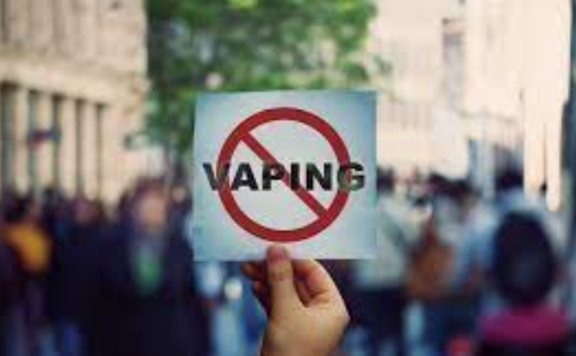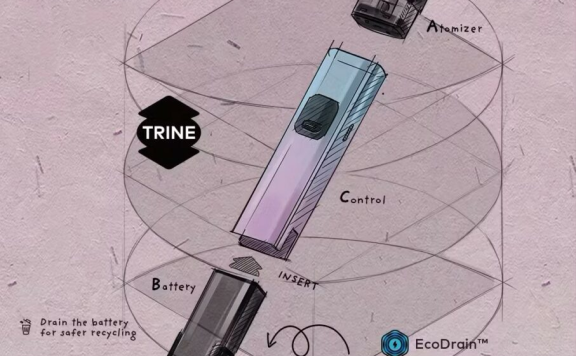On May 17, 2022, the annual E-Cigarette Summit was held in Washington, DC, with researchers, consumer advocates, regulators, academics, vape shop owners, and industry executives gracing the occasion.
This meeting gave the public a rare opportunity to question Food and Drug Administration (FDA’s) high-ranking officials about vape regulations. Many people seem to lose trust in this agency for its lack of transparency.
The director of the office of science at the agency’s Center for Tobacco Products, Matthew Holman, and the director of Health Communication and Education, Kathleen Crosby, came under fire as the attendees bombarded them with questions during the Q&A sessions. Several attendees wanted to know why FDA has persistently communicated poorly about the “continuum of risk”- the theory that some nicotine products are safer than others.
Most parts of the afternoon session covered this issue. The big question was why FDA had persistently misinformed the public about e-cigarettes, yet it had authorized some vapor products through the arduous and highly-criticized PMTA process.
In their speeches, Vaughan Rees, the director of the Harvard Center for Tobacco Control, and David Ashley, former director of the Office of Science at CTP, agreed that vaping is the ideal to end combustible smoking and its effects.
A vape shop owner ailing from Michigan, Marc Slis, gave a spirited speech explaining how the FDA’s bureaucracy is meant to encourage adults to go back to cigarettes. Another speaker, Dr. Jasjit Ahluwalia, a public health scientist, quoted a recent study that showed that 60% of doctors in the US believe that nicotine causes cancer. In the submission, the doctor highlighted that FDA is not combating the misinformation; instead, it is contributing to it.
He used the example of the FDA’s youth prevention campaign that associated nicotine withdrawal with depression and short-term anxiety as one big misinformation because the public might start to think that nicotine causes these conditions directly.
Crosby responded that her department only links short-term depression and anxiety with withdrawal, not nicotine itself. To this, Dr. Ahluwalia urged the agency to package its message correctly.
A former director of the United Kingdom’s Action on Smoking and Health, Clive Bates, also added his voice to the debate saying that nicotine could treat anxiety and depression rather than cause them. He found FDA at fault for exaggerating risks to achieve the change it wants. In a series of questions, he suggested that FDA, through omission or commission, is misinforming youths that vaping is harmful as smoking to discourage them from using vape products. He was answered by a behavioral science and psychiatry professor, Dr. Kevin Gray, who suggested that nicotine is not an ideal way to address those hurt feelings.
Though the audience and the panelists expected open, constructive communication, the frustration was palpable. One of the vape shop owners, Slis, castigated the PMTA process while standing next to Holman. However, Holman kept saying that FDA can only control what they are mandated by law.
He defended the agency’s actions, pointing fingers at the Congress where the law is drafted. He indicated that FDA exercises jurisdiction over products that Congress mandates them to and that the agency only implements the law given by lawmakers.
Bates agreed to an extent with the point raised, but he also argued that FDA has the mandate to interpret laws and oversee their implementations. Holman explained that the law restricts them on what to say, the process, and how to say it publicly. It seems challenging for the officials to say what the public expects them to communicate.







